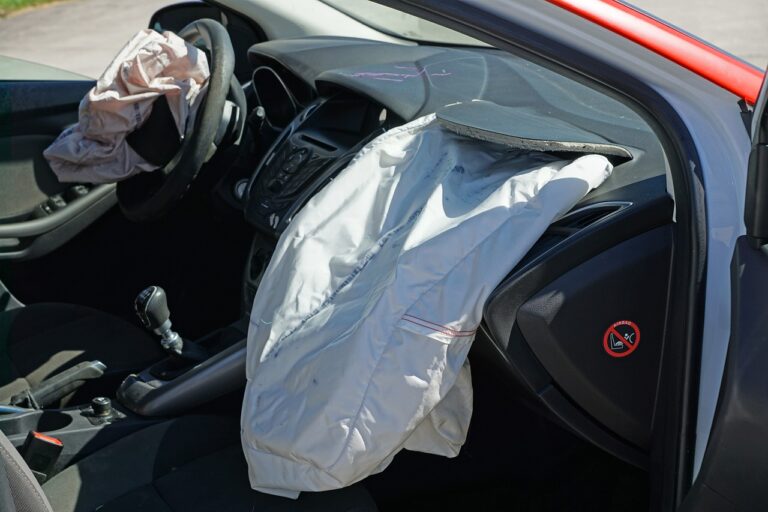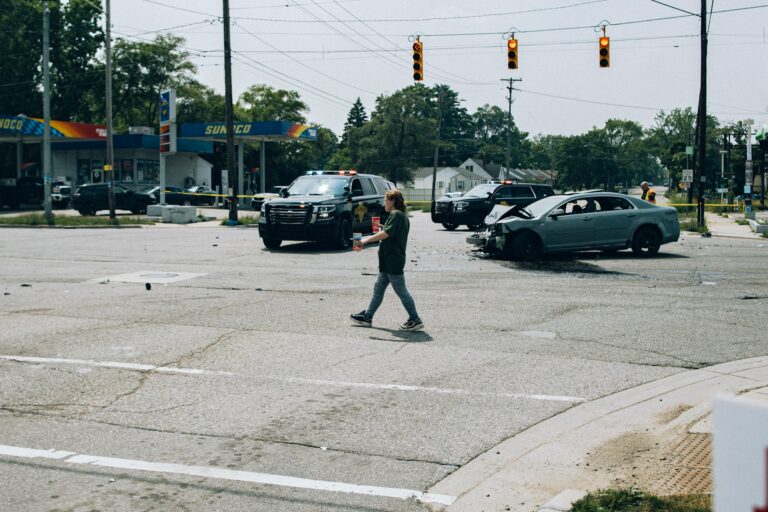Being able to go outside and get exercise in the great outdoors nearly year-round is one of the best things about living in Georgia. Because the weather is mild most of the year, it gives us great opportunities for biking, hiking, fishing, and other outdoor activities. Outdoor enthusiasts take advantage of all these warm, sunny days that make their hobbies possible.
But as great as these outdoor activities are, they can, unfortunately, lead to accidents and injuries that can be devastating. In some cases, the property owner of the land you were injured on may be liable for your injuries based on premises liability law, Georgia, like many states, has a Recreational Property Act that may limit their liability on certain land under specific circumstances.
What is the Recreational Property Act in Georgia and how does it affect personal injury cases? Let’s go over the basics of this act to help you better protect yourself if you’ve been injured while participating in recreational activities.
What is the Recreational Property Act?
Every homeowner or property owner has a legal responsibility to ensure that all visitors are safe when visiting and to do everything they can to prevent injuries. Although every state has different laws on the books about what the specific requirements are for property owners regarding recreational activity housed at their property, the Recreational Property Act is specific to Georgia.
The Georgia Recreational Property Act protects property owners from facing liability when visitors are on their properties for recreational purposes. This law was meant to encourage the recreational use of private lands for public use.
The Recreational Property Act is based on the concept that when people engage in recreational activities, they are consenting to the fact that it is a potentially dangerous activity. When individuals consent to this concept, the property owner is not liable for any resulting injuries. This law applies broadly to publicly owned facilities that are open to the public like playgrounds (for example, playgrounds on public school grounds that are being used outside of school hours).
What Does the Recreational Property Act Cover?
Here is a list of what the recreational property act covers. Note that this list does not include bicycles, nor does it make an exception for property owners who create intentionally hazardous elements or who ignore hazardous elements.
- Hunting and fishing
- Swimming and boating
- Camping, picnicking, and hiking
- Water sports
- Winter sports such as snowboarding and skiing
- Nature studies
- Observing scientific, archaeological, or historical sites
- Pleasure driving
Have you been injured while participating in recreational activity in Georgia? You’re going to need a personal injury team who understands the ins and outs of the Recreational Property Act to help you seek compensation. Call the Fry Law team at 404.969.1284 to learn more about pursuing legal action.




